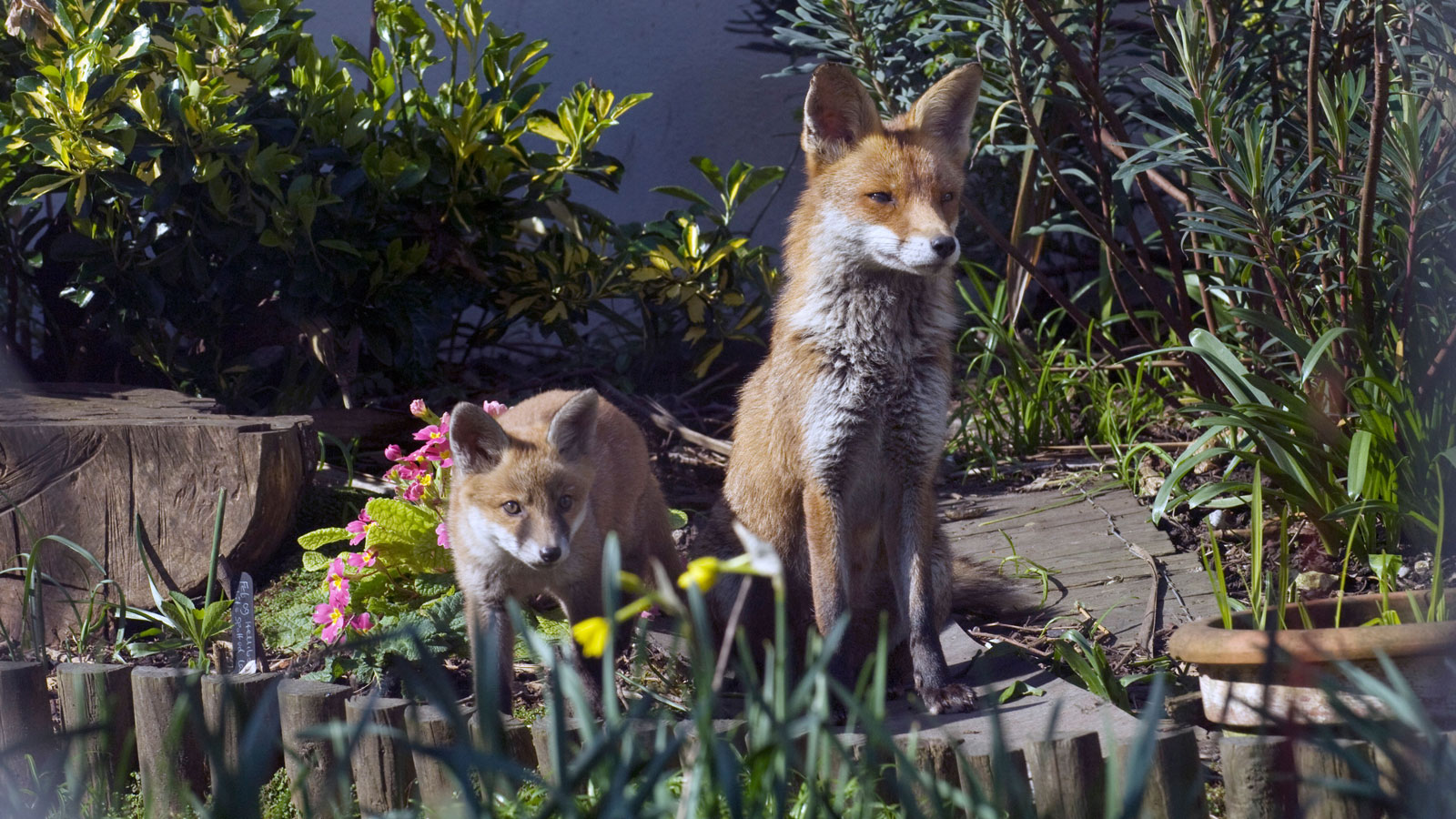
"In spring foxes are looking for a sheltered place to have their cubs and may decide that your garden is exactly what they're looking for. In summer the scent of barbecues and other alfresco eating activities is sure to attract them when they're on the hunt for food, while in autumn and winter all they want is a snug place to call home."
"Foxes can wreck your garden design by digging up lawns and flowerbeds, as well as burrowing under fences, decking and sheds to make a den. They can also pose a threat to small pets like rabbits, guinea pigs and kittens as they can transmit parasites such as fleas, ticks, and worms. They may also hunt garden birds, small mammals, or amphibians, which is a concern if you want to protect wildlife in your garden."
""To keep these cunning creatures out of your garden and away from other outdoor spaces, focus on addressing things that will typically attract them, like food," says garden expert Chris Bonnett from Gardening Express. "Foxes are attracted to food waste, so securing rubbish can prevent them from visiting your garden. Always make sure that bins are secure with tight-fitting lids." Never put the rubbish out in plastic bags as foxes can easily break them open."
Foxes visit gardens year-round and can establish dens that are difficult to remove. Seasonal behaviors drive garden visits: spring breeding and denning, summer attraction to barbecues and food smells, and autumn and winter searches for shelter. Foxes damage lawns, flowerbeds and can burrow under fences, decking and sheds. Foxes pose risks to small pets and transmit parasites such as fleas, ticks and worms. Foxes may hunt garden birds, small mammals and amphibians, threatening wildlife. Securing food sources, locking bins with tight-fitting lids, avoiding plastic rubbish bags and not leaving pet food or water bowls outside overnight all help deter foxes.
Read at Homebuilding
Unable to calculate read time
Collection
[
|
...
]